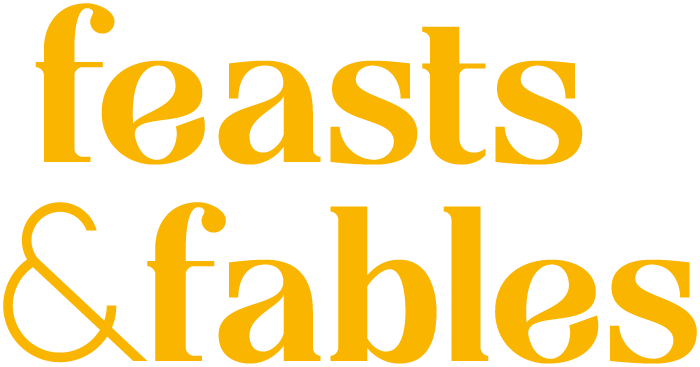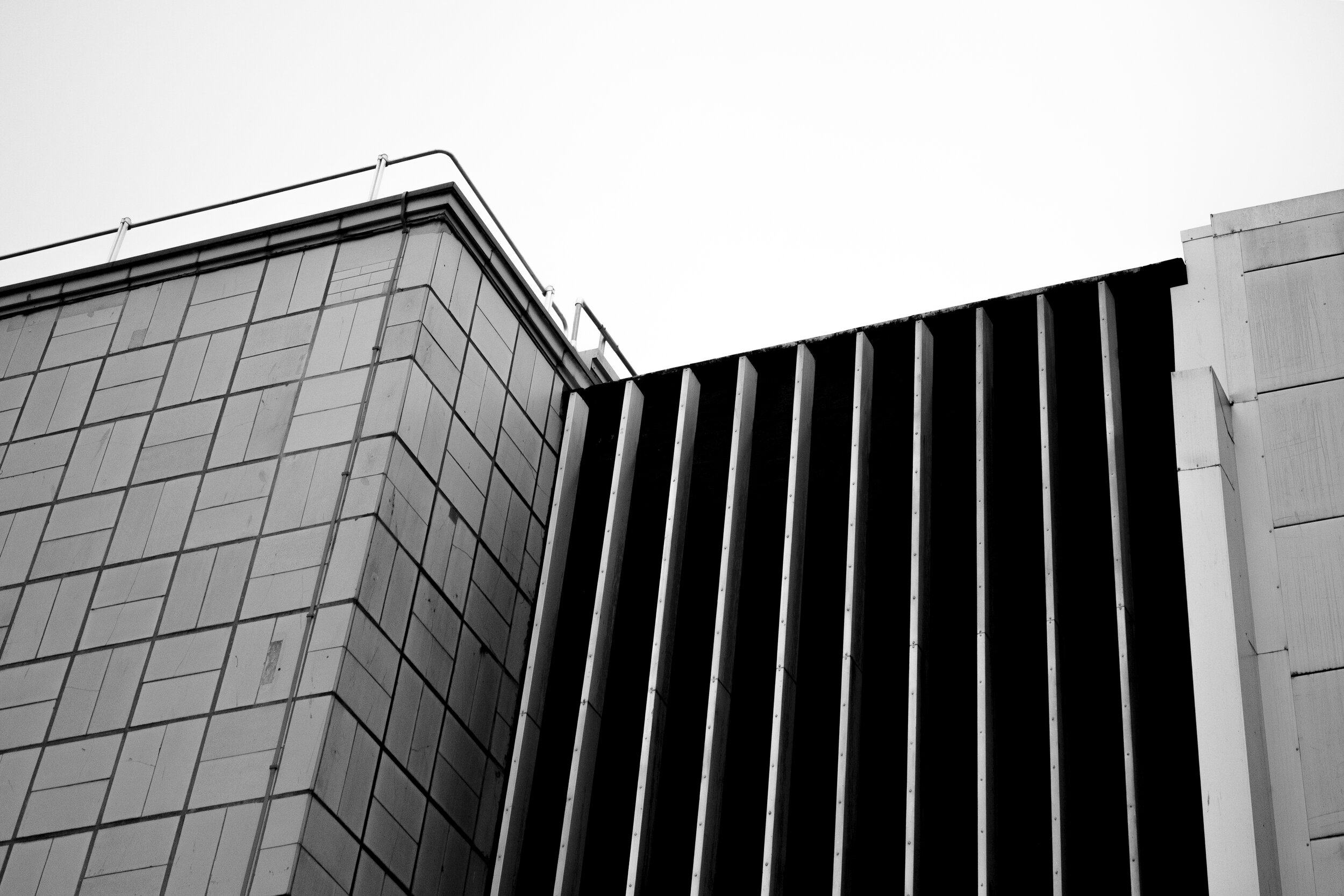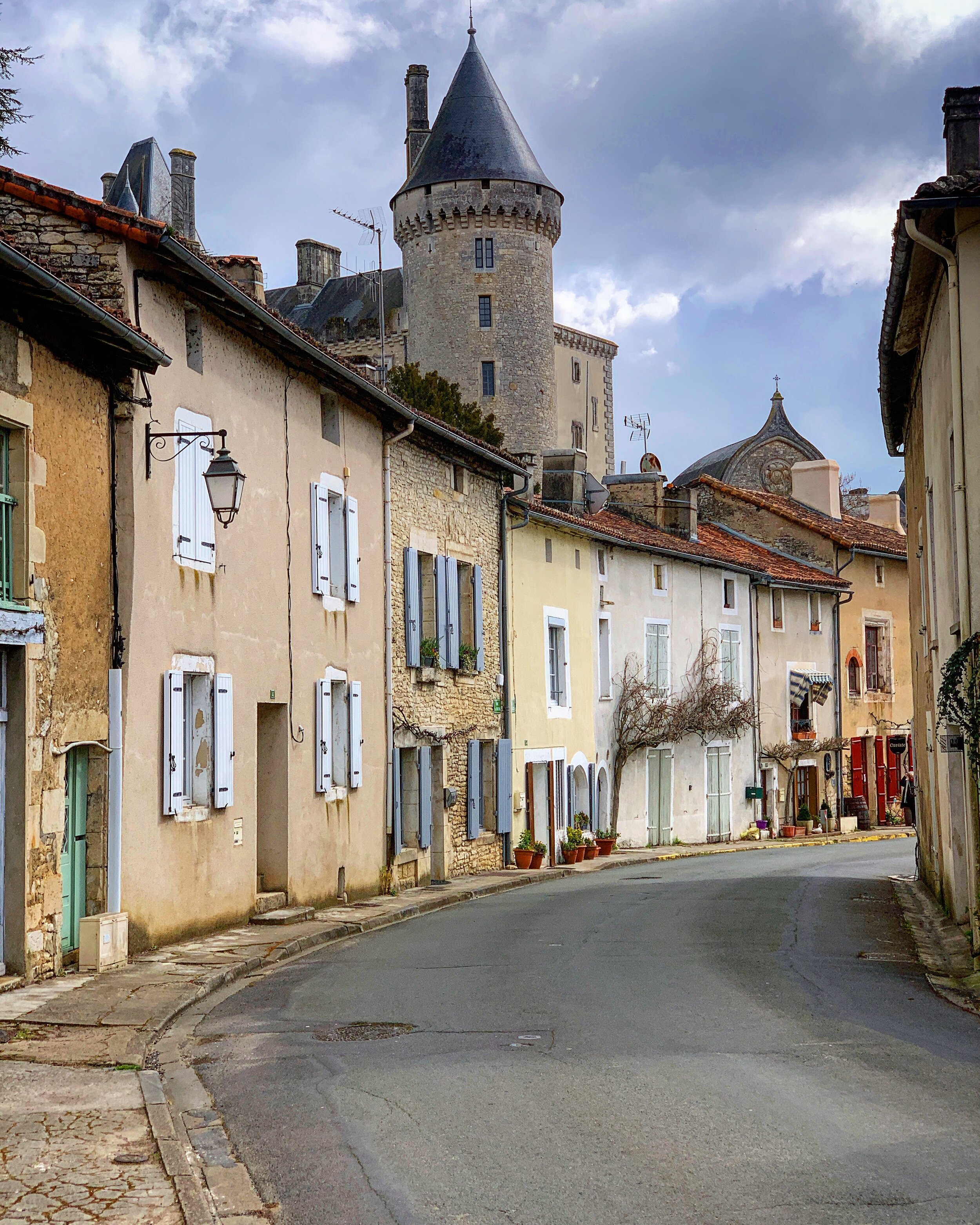Portugal - Tides and Tiles
Portugal, the why, what and where for art thou?
Like so many others, 2020 didn’t happen quite as planned for us. Selling the house, buying a van, travelling to Scandinavia and roaming towards the Arctic Circle for the Summer Solstice; all those plans … unfulfilled.
By the time our house eventually sold in the Autumn and we were able to collect the camper van from Scotland, we were itching to get moving.
Ideas thrown around; places considered, dismissed; reconsidered. Fingers waved over a map; decision taken.
Portugal. Why Portugal?
When we arrived in our rental cottage in Gouveia, Sintra in December, we reflected on that question:
The first answer is always, why not? Or, because we’ve never been here before. Sometimes we think it’s because we wanted our first ‘adventure’ to feel at least a little bit adventurous. Somewhere a little exotic. A country with a magical unfamiliarity about it.
There’s another side of us which wants - so much - to celebrate neighbourliness. Without getting at all political, there’s a huge streak of ‘reaching outwards’ which underpins our sensibility.
We are wholly, unequivocally ‘drawbridge down’ not drawbridge raised; we are enter, not exit; our instinct is to push out, not to turn inward; we want to listen and learn, not shout about what we were in the past; we want to celebrate the food, history and culture of our neighbours.
So, why Portugal? Because it is beautiful, welcoming and our minds are racing with the new and exciting opportunities it wants to share with us. And our hearts are open to it all.
So much for the why. Tell us about the what.
Our ambitions to live a version of a ‘van life’ were never going to be realised in the teeth of a global pandemic. Any notions of roaming have been parked alongside Travis (the camper van) in the driveway of the Air BnB rental cottage we found in the Sintra region. We focused on creating a ‘basecamp’ for our transition from home owners to aspirant explorers. The ‘Sheep’s House’ is a traditional-looking Portuguese cottage that actually dates from 2018; contemporary convenience but furnished with beautiful heavy wood beds, decorated in typical calming white with vivid blue interior doors; the marble stairs glow pink in the bright sunlight; lace tablecloths nod to days of yore. But high speed connectivity and a fully equipped kitchen (with outdoor wood-fired oven) unlock both ‘feasts’ and ‘fables’ sides of our ambitions for our stay.
Plans; to eat well, shop locally, write a little, read a lot.
Despite being only 40 minutes from Lisbon, the area around Gouveia and Sintra feels rural; but the more we have cycled and walked in the locality, the more we have come to understand the nature of villages that seem to comprise several self-contained ‘small holdings’ as well as conventional houses. There are no shopping ‘centres’ but every settlement has everything you need - a convenience store, café, butcher, laundrette and a restaurant or two. Janas, a short walk away, became our focus. We loved the atmosphere, welcome and organic selection at the Aldea Cooperative; before the pandemic lockdown became a little more restrictive, we would punctuate our shopping trip with a coffee and sweet treat (or a cold beer and a slice of quiche). Simple treats, full of flavour, served with huge smiles, obrigado {thank you}. Aldea was the venue for our last ‘meal out’ … pizza night and bottle of organic wine only a 2-kilometre stroll from our front door on a pathway that weaves past a vineyard, orange trees and quintas (farms) hidden in gentle folds in the landscape.
Gouveia Aldeia em Verso {Village of Verses}
Gouveia is a quiet village that rolls into its neighbour Fontanelas, a peaceful collection of modest casals, single-family farms, the smallest of smallholdings; a few animals, neat rows of seasonal vegetables, a handful of fruit trees bowing under the weight of their bounty, flourishing in the micro climate of the Sintra region. Every street name displayed on tiled signs, capturing tales in poetry: Rua dos Pinéus
Este nome que aqui esta (This name here)
Não foi caido dos céus (was not fallen from heaven)
é porque os que moram cá (It’s because those who live here)
Têm a alcunha dos pinéus (have the nickname of the pines)
The road through the centre of Fontanelas cuts past a small square which we imagine to be a bustling hub for village life in a world without restrictions … on past the square, houses on both sides … past the community bins and down the right hand fork in the road - Praia da Aguda, the closest beach (just 3 kms from our front door). We walked there early on - actually, the day after we arrived, a break from the unpacking and settling in (ironically, creating a settled-in vibe not the roaming one we anticipated). We had grand plans for daily swims and the waves of restorative sea water; but the Atlantic coast is lively … beyond lively; that first trip to the beach introduced us to the realities of coastal winds and tides and crumbling cliffs. That was not to be the beach for swimming. As our cycles increased the distance of our explorations, so we discovered other beaches better suited to paddling and swimming, but dominated by surfers. While the world-renowned monster waves are generated in the canyon much further up the coast at Nazare, beaches like Praia de São Julião attract a surf crowd … and tempted Mrs Feasts out into the waves - whilst Mr Fables bravely ‘held the towel’.
Then, lockdown … which proves that life’s a beach …
We are drawn - inexorably, inevitably - to the coast, where the land meets the sea.Never 'beach people' in a 'throw down your towel and soak up the sun' kind of way; we are, nonetheless, lured by the throaty roar of the waves as they rumble towards the rocks. We stand spellbound as the wild Atlantic has its way with the cliffs of western Portugal. No slippery rocks; no seaweed strewn beach; not for this coastline a harvest of sea creatures and growth to forage. The raw power of the sea has scrubbed the rocks clean. That same power has lifted branches and scattered them on the beach like matchsticks. The geology reflects the passing of ages ... but the rocks have given in to the eroding strength of wave after roaring wave.
The sea mist swirls, indistinguishable from the spray whipped off the 8 foot waves rolling in to deliver a frothing foaming offering to the beach; footprints in the sand are our momentarily defiant gesture to the mighty ocean that we belong here ... before we scurry along to beat the tide.
The strength of the sea and the raw beauty of the coastline is restorative; succour to our souls. The beach is our kind of beach. Deserted. Exposed. At the mercy of the elements; shaped by them.
– Feasts + Fables –
We’ve loved Portugal. The unfamiliarity, that has grown into quiet familiarity. The gentle rural calm that wraps itself around you as you slow down and allow yourself to relish the small details … slowing down, noticing more. Simple tastes; cooked over fire. The thrill of standing watching the tides beat their rhythms against the craggy coastline. White walls, red tiles … pine trees swaying in a warm breeze … vivid flowers and berries … the fertile earth being tilled in small family casals, smallholdings that encourage seasonal living and eating. The history of palaces and gardens that stirred the Romantics to poetry and tempted kings and queens to retreat here in the hot months. Moorish influences at every turn.
So much more to see. More … ‘ish. Soon’ish.
We cannot wait to return.
Saudade (Portuguese)
a deep emotional state of nostalgic or profound melancholic longing for an absent something or someone that one cares for and/or loves. It is the recollection of feelings, experiences, places, or events that once brought excitement, pleasure, and well-being, which now trigger the senses and make one experience the pain of separation from those joyous sensations.
However, it acknowledges that to long for the past would detract from the excitement you feel towards the future.
Saudade describes both happy and sad at the same time (‘bitter sweet’).







